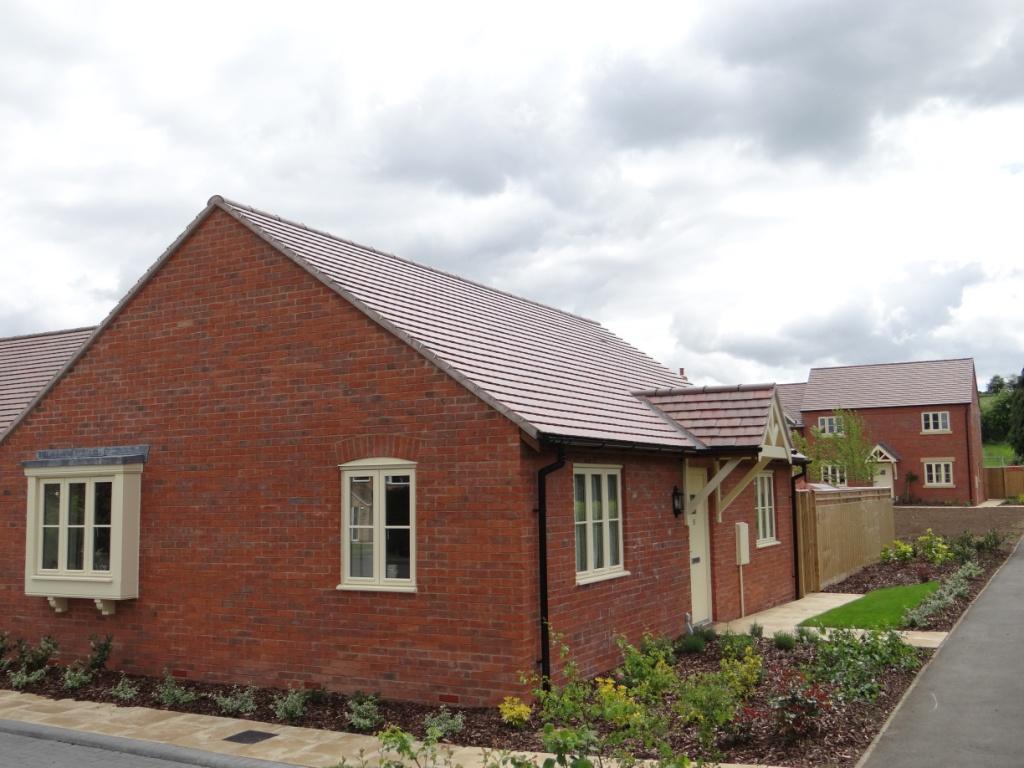
Rural Housing Week: why bungalows matter in rural England
In the rolling countryside of England, where community ties run deep and the pace of life is a little slower, one type of home is quietly becoming more essential than ever: the bungalow.
While they may not grab headlines like new-build estates or city-centre flats, bungalows play a crucial role in supporting rural communities – especially as the population ages and housing needs shift.
👵 Ageing rural population
Rural England is getting older. According to the latest data, over 26% of people living in rural areas are aged 65 or over, compared to just 17.5% in urban areas. This demographic shift is accelerating, and with it comes a growing need for truly accessible homes that allow people to age safely and comfortably in place.
Bungalows, with their single-storey layout, are ideal for older residents who may struggle with stairs or want to future-proof their living arrangements.
🏠 Downsizing without leaving the community
Many older homeowners in rural areas are looking to downsize, not just to reduce costs or maintenance, but to stay close to friends, family, and familiar surroundings. Unfortunately, the supply of smaller, accessible homes like bungalows is limited, forcing some to move away from the communities they’ve lived in for decades.
Providing more bungalows helps people stay local, maintain independence, and free up larger family-sized homes.
📉 Shortage in supply
Despite the demand, bungalows are rarely built. Why? They require more land per unit, making them less attractive to developers focused on higher-density housing. In rural areas where land is available but planning policies can be strict, this creates a bottleneck.
The result is high demand, low supply and rising prices, especially in picturesque or well-connected villages.
🧭 Planning for the future
Local authorities, rural communities and housing providers need to think long-term. That means:
- Including age-friendly homes in local plans.
- Encouraging low-density and accessible developments where appropriate.
- Supporting community led homes that reflect local needs.
🚗 Reducing isolation
In rural areas, where public transport is limited, housing location matters. Bungalows near village centres, shops, and facilities can help reduce social isolation and car dependency, which are major challenges for older residents.
Final thoughts
Bungalows may seem simple, but they’re a powerful tool for building resilient and inclusive rural communities. As England’s countryside continues to age, it’s time to give this humble home the attention, and investment, it deserves.
If you think your rural Warwickshire community could benefit from bungalows, please contact our Rural Housing Enablers (housing@wrccrural.org.uk or 01789 842182) to see how we can help your community provide safe and comfortable homes to keep older local people in the local community.
